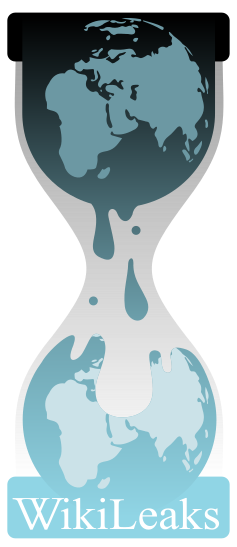 Image by okubax via FlickrThe CR-48, a prototype based on Google's Chromium OS, was released to select people. It is interesting experiment, but it seems to be ultimately pointless.
Image by okubax via FlickrThe CR-48, a prototype based on Google's Chromium OS, was released to select people. It is interesting experiment, but it seems to be ultimately pointless.First, it's a "netbook" size item, so it's small enough to carry around, but it's NOT small enough to fit in a pocket. So you pretty much have to open it to use it.
Second, it virtually REQUIRES internet connection, WiFi or 3G. Apparently it will come with 100MB of 3G connectivity (through Verizon) free for 2 years or something.
Third, all the apps, storage, and so on are online. It just run web apps. It has virtually no internal storage. Everything is stored in the cloud.
So why does this thing even exist? Android can do web apps, and do it better, though it will probably need it in tablet form, not smartphone form.
Is it for people who HATE computers? People who hate computers won't touch it in ANY form. It's like making candy for sugar-phobics. Eeek.
It is fast to boot up, mostly foolproof, and much much simpler than a PC or Mac. So it is aimed at an audience that have NOT stepped up to a PC or Mac, but want Internet connectivity somehow. The question is, how big is that audience?


